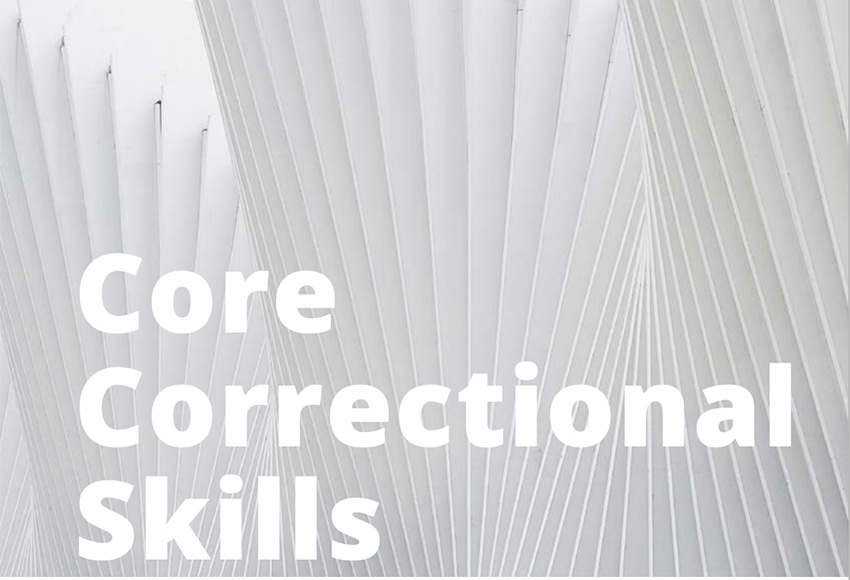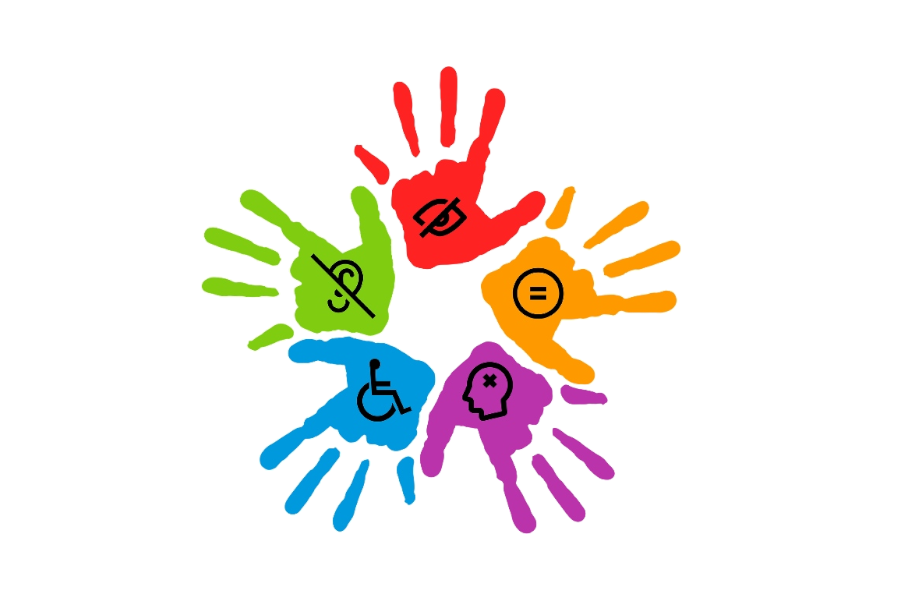What is the main subject of this new book?
Ioan Durnescu: For almost 20 years, we’ve been speaking about core correctional skills, meaning those skills which are most often associated with reducing reoffending and promoting desistance. We know which are skills and who should use them, in which circumstances and so on. However, we still know very little about how can we foster them or how can we develop them so that corrections professionals can become more effective.
This is the gap that this book aims at closing: it is like a guideline on how to grow those skills into the professionals. As it is mentioned in the book, these correctional skills are not telling the whole story about rehabilitation, but cover a large part of it. Practitioners will still have to pay attention to the structural, cultural or symbolical dimensions of their work but this time better equipped with the right skills and tools.
As anticipated, the book describes in a very practice-oriented manner five of the most critical correctional skills: relationship building, pro-social modelling, problem-solving, motivational interviewing and cognitive behavioural interventions. Each skill is described from both theoretical and practical perspective and is developed through different exercises, reflection points, practice tips, scales and questionnaires. Readers are also advised on further readings or video resources.
Who should read and use this book?
ID: The book will be available on Amazon. It targets mainly probation officers and all prison staff involved in offender rehabilitation, either as an introduction into rehabilitation work or as a support for continuous training; students and teachers aiming to develop knowledge and skills in engagement and rehabilitation; researchers designing studies on skills or occupational cultures; volunteers and mentors seeking to develop professional skills for working with offenders.”
The book can be used in many ways. It can be used as a stand-alone project, but it can also be used as a background tool for intensive training on this topic. We are ready to support in delivering training in different formats and different languages.
A final word…
ID: Yes, I would like to thank all the trainers who I had the privilege to work in the past who taught me that knowledge should facilitate practitioners to do better in improving their client’s lives.
More details at: www.corecorrectional.eu
//
Dr Ioan Durnescu is a professor at the University of Bucharest, where he teaches and conducts research related to the field of prisons and probation. His particular areas of interest are comparative probation and rehabilitation. While active in developmental work in several Eastern European countries, he’s also the co-editor of the books Understanding Penal Practice (Routledge, 2014), and Probation in Europe (Wolf Legal Publishers, 2008). He serves as co-editor in the European Journal of Probation. For more details about the book, please contact us at ioan.durnescu@unibuc.ro



